Pigeon Breeding – John Glemser’s Breeding Tips
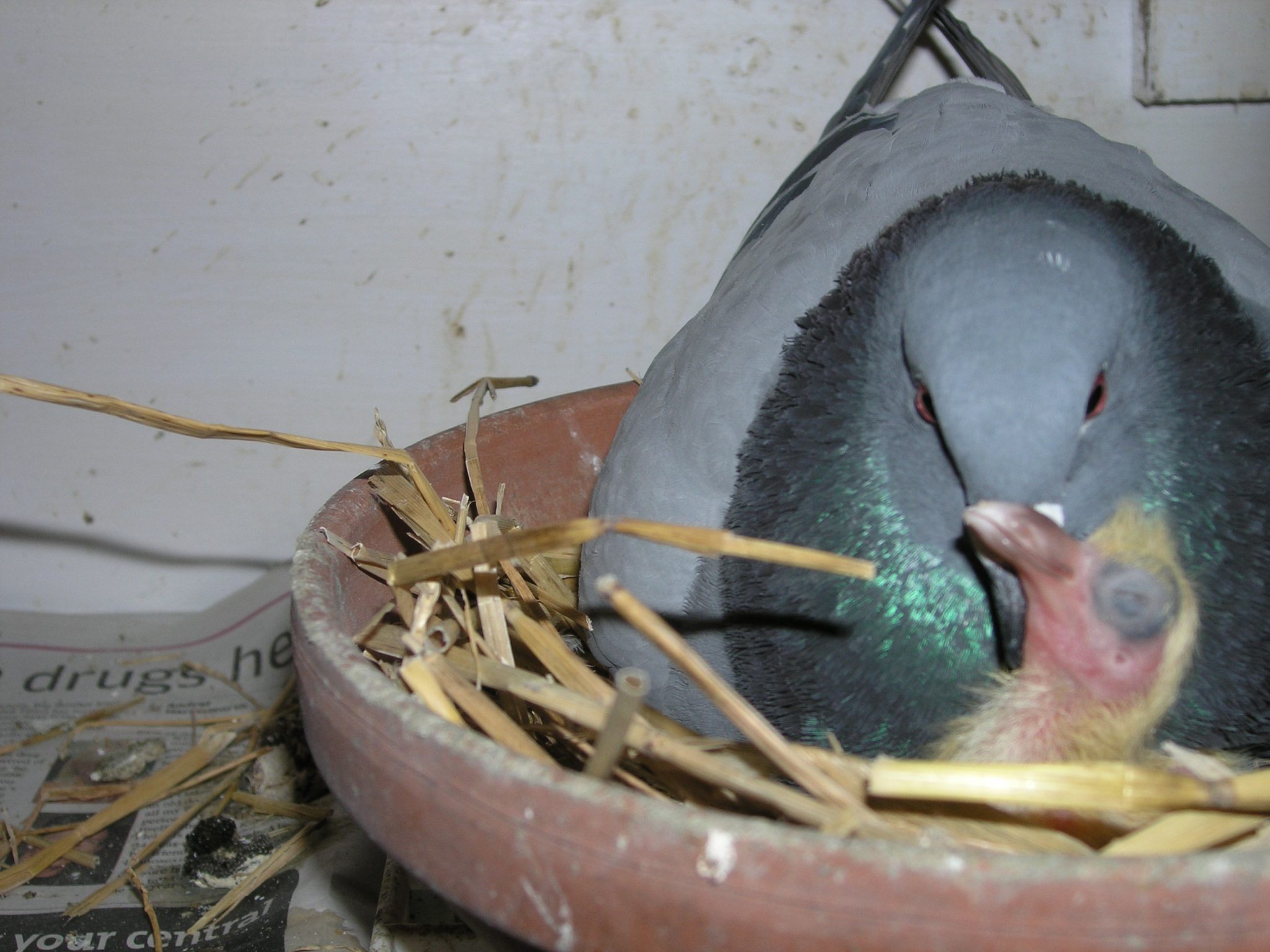 When John does bring a foreign pigeon bird into his loft, it must be a bird with high performance bloodlines. John said he prefers birds with a high performance bloodline, like he has already in his loft. John tells us, “I inbreed my champion racers or breeders for stock birds, and I will out cross birds for flying.”
When John does bring a foreign pigeon bird into his loft, it must be a bird with high performance bloodlines. John said he prefers birds with a high performance bloodline, like he has already in his loft. John tells us, “I inbreed my champion racers or breeders for stock birds, and I will out cross birds for flying.”
Years of good pigeons and experience in the sport has John on an elevated level. He considers breeding a skill, and it is his job to try to breed champions and develop strong racing traits. He strives to breed the bloodline combination that no one else has and to win with those birds. It is John’s desire to breed a well-built medium sized bird, with strong feathers, a nice step in the wing, good eye and just as important, a bird with ‘personality.’ Without super health one will never breed winners.
John begins his breeding early in November. The lights in the loft are adjusted to 16 hours a day of artificial day light. His breeders get an injection for PMV, and Salbac. All breeders will then go through a full treatment for canker, coccid and respiratory medications. Once this initial treatment of medication for the breeders is complete, breeders are put on Health Guard every day for the length of the breeding season. John also uses V8 juice once a week on the breeders feed during the breeding period. He believes in a worming treatment on the first Sunday of every month with Ivomec in the pigeon’s bath water. All breeders get a bath at least once a week during breeding season.
All his breeders are down on eggs in November. John will take all these new eggs and throw them away and let the birds go down on a second set of eggs. There will be no fights in the breeding pens, and all breeding pairs will all go down together easily and lay the second time in ten days. He will get one hatch, with all young birds being an identical age. Once hatched, John will take the babies away from their parents at 25 days old. The breeding pairs will all go right back down on eggs again if they have not already done so.
There is a Double door entry into his breeding loft, which is for the security of the birds, and the whole breeding loft has heated floors. John layers the floors with straw to save the heat, and then puts all the babies on top of the nice warm straw. All the parents will take care of baby pigeons on the floor, as they do in their nest. They will feed every young bird that wishes to be fed on the floor.
He likes the babies to stay in the breeding loft to build their immune system. John feels that without a good immune system, birds will develop sickness, which will keep them from becoming good racers. Young sick birds are eliminated.
His advice for new flyers when selecting their breeders would be to seek out a local flyer and try to buy some late hatches at a reasonable price. Do your homework on this loft; make sure he is a consistent flyer. Visit his loft a couple of times. Look for bright eyes and bright sheen. A clean loft, but not spotless is recommended, but most of all, healthy pigeons. If they are healthy, you will see it. You can also look for eye signs and body type that you like. If he is a good flyer, he will sell you some of his best and tell you how to mate them. If the birds are pedigreed, make sure he writes a pedigree for you. Be sure to check that the mother and father, brothers and sisters, aunts and uncles are all performing pigeons.
Pigeon Breeding – John Glemser’s Breeding Tips by John Glemser
The Leading Online Pigeon Racing and Racing Pigeons Magazine – The Pigeon Insider


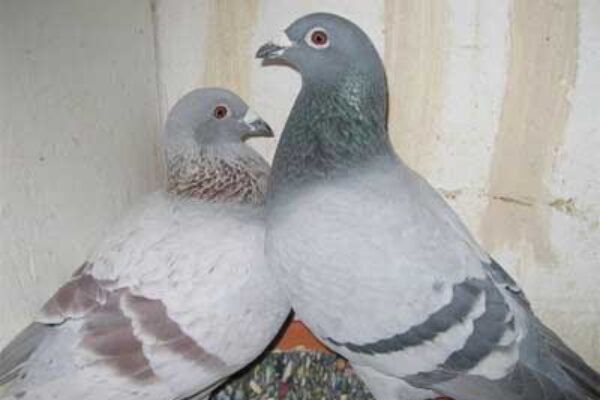
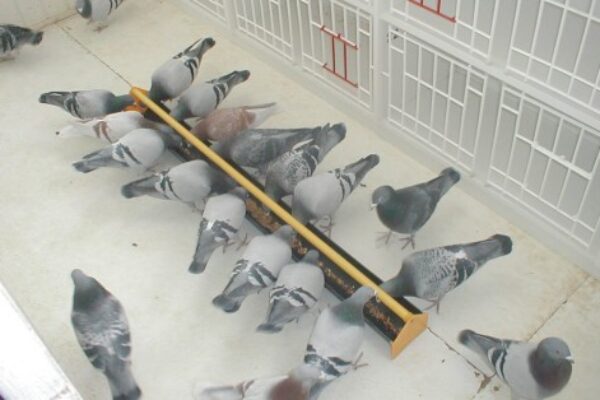
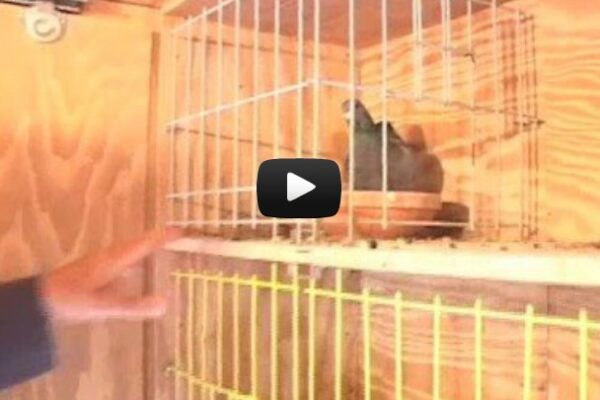
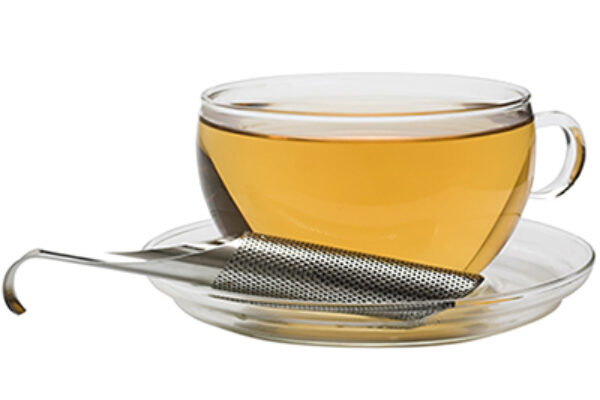
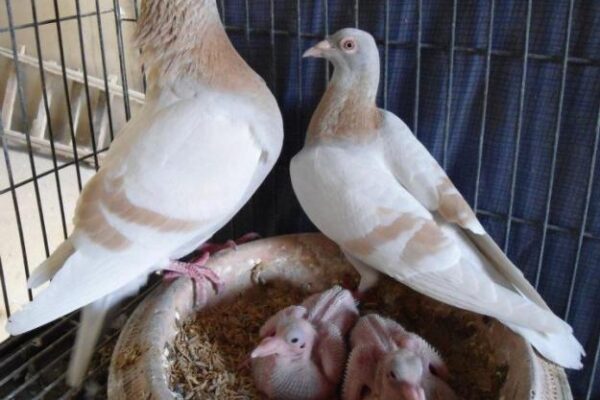
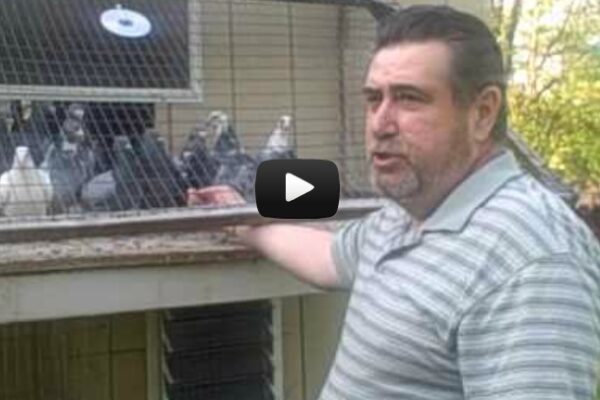
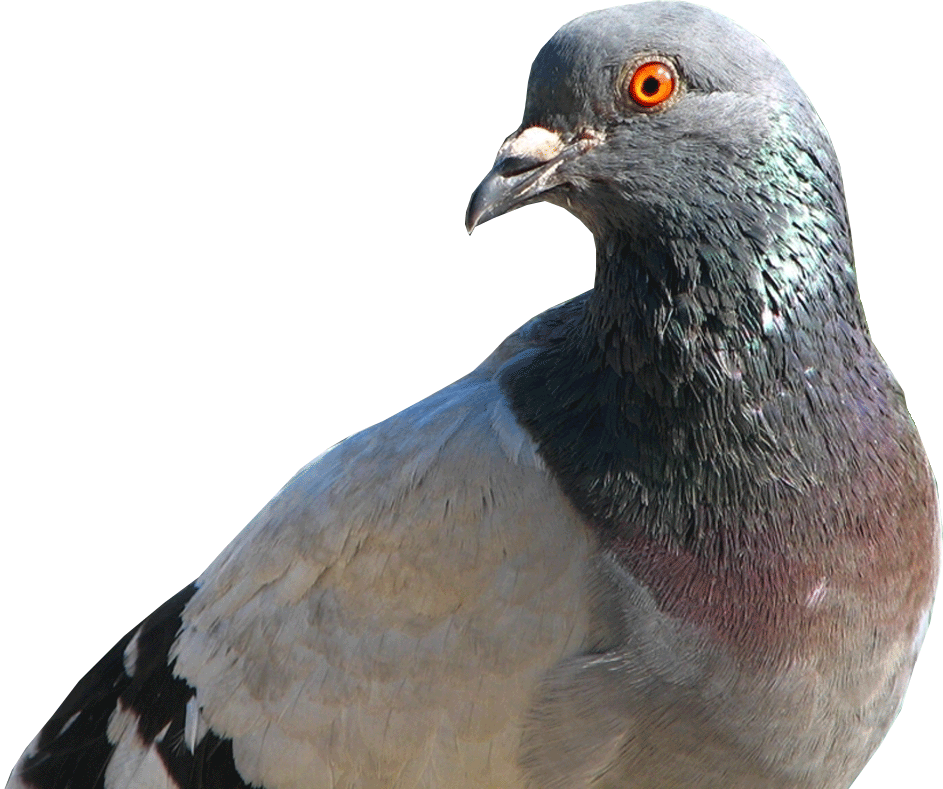
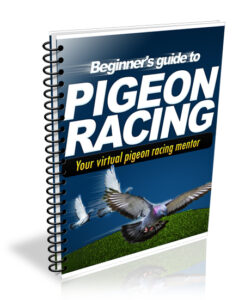
Thanks for the info! I have pigeons and I really love them.
all common sense
Hi everyone i don’t think he does this because there no good i think he finds they go down on eggs
better the second round i could be wrong Brad.
only John knows what he’s doing , and I think he’s correct. the only thing he didn’t mention is the reason why he do this.
I do this so all my birds are on meds.at the same time and get in great health be for I breed from them 7 days canker 7 days coccidiosis 7 days respiratory then worm them then shot for PMV.and partyhoid by then all the birds are down on eggs then I toss them out then they all go down at the same time you get 30 babys all the same age no sick babys call me if you need help.856-227-4196
I need your hellppp john glemser
my pigeon is not sitting on his eggs ? or on pod without eggs both male a hen
?????
For the last 6 years I have kept a good eye on my racing birds band numbers. I wanted to see what group of hatchings, my best birds came from. I band from the lowest number up. In my loft there are no early numbers in my loft. Almost every year after the young birds racing season I check these band numbers and it is un-usuall that I will have any birds left on the first hatching. Most my good birds have come from the second or if I do do a third, from the third hatchings.
All: What about loyalty? Typically beginners! I chose a new breeding pair and separated it. The two feed now the second round. Your old partner in the breeding loft but do not go away together. Have as well as failed! What happens if I now put the new pair back in the breeding loft? In the offspring of the four pigeons, I am no longer dependent. But have I to wait until all the females are taken away? Thank you for answers.
I do believe (not sure mind you) John does this (tossing the 1st round) to have his racing team roughly the same age. I know several flyers that practice this and it seems to work for them, it could have something to do with Futurities etc…….who knows. Myself I do not,but who can question John, he wins a bit more than his share. So he does what works, wouldn’t we all. I also fly againist him, and enjoy the competition he brings. There are some good ideas in his article.
The only other thing I could comment on , is a bit toooooo much Ivomec for me. There is a better wormer out there called MOXIDECTIN PLUS. You can get this at SIEGELS.This doesn’t hurt the birds,you only give it for 24hrs, and it kills all the worms we want killed,without harming the pigeons.You can even put this in the bath water.
Where can I get some moxidectin in South Africa ?
I fly against John and he is one of the finest flyers around. He knows what he is doing…..like many flyers, he is probably pairing early and culling eggs to get the 2nd round (usually dropping within 10 days) to hatch on Jan. 1st or within 5 days(Dec. 26th) of race band release(Jan 1st.). This keeps his Y/B in the same age bracket for his training schedule. Not unlike many other racers. I don’t mean to speak for John but I do “get” his system. Brilliant! Mac
Yep o/k,all sounds pretty good to me.But I don’t know about throwing out the first round of eggs.I’ve got some fine birds off the first round.Even the best breeding birds you can get,will breed their fair share of duds,and you can’t tell which round the winning gene will come out in.What if you threw out the egg carrying the winning gene, and kept an egg carrying a young bird of less quality?.But,each to their own.
I agree with you 100%. I will not even dare throw away and waste any of the eggs especially from breeders and champion flyers. Generally pigeons are at their healthiest in the first and second round of breeding and therefore gives the best candidates for racers. I have also bred some excellent breeders from the first round. By the third and fourth round, the breeders are stressed and the youngsters are usually better off flying as yearlings or if their siblings turns out to be excellent flyers then possibly for stock. My advice is to premate the pigeons two weeks in advance so they get to know each other and when ready for breeding, they will easily remate again and go down on eggs 8 to 10 days later.
Btw, I heard Mr. Glemser on a radio show and disagreed right away when he mentioned his practice of throwing away the first round of eggs. What ever works for him, but in my words he is foolish.